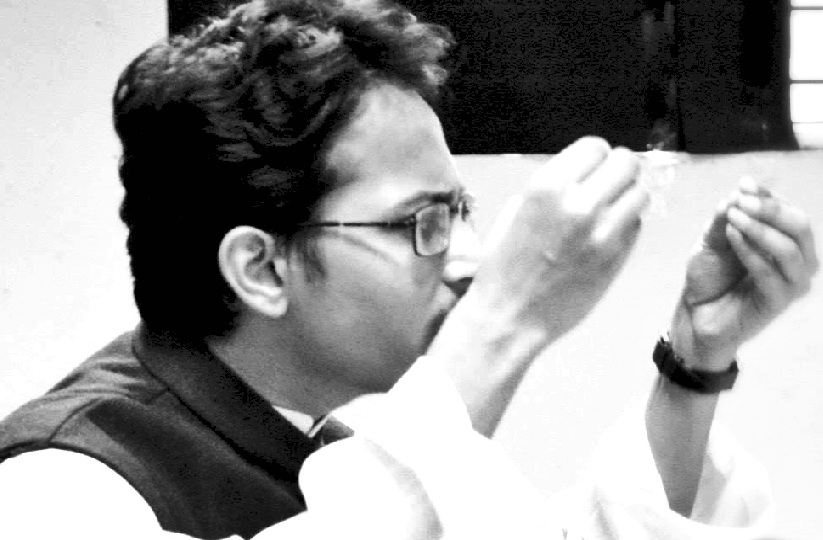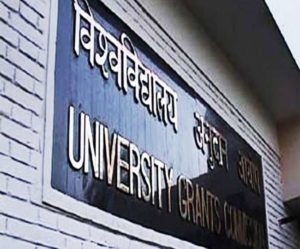UGC Draft Regulation – An Unwanted Rigmarole for Legal Academics
“Simple mathematics [5/6 (LLB) + 1/2 (LLM) + 3 (PhD)] and a person knows that being an Assistant Professor now requires an investment of approximately 10 years of education”
“Discourage the meritorious students belonging to the lower socio-economic background”
“Impact for the young and brilliant minds planning to join legal academics”
In the light of the new UGC Regulations which makes PhD a mandatory degree for recruitment of an Assistant Professor, I strongly believe it to be a flawed government decisions of recent times regarding Indian education system and legal academics in particular. The reasons for my strong reservations are as follows:
- A simple mathematics [5/6 (LLB) + 1/2 (LLM) + 3 (PhD)] and a person knows that being an Assistant Professor now requires an investment of approximately 10 years of education. For a student coming from a financially modest background, the entire venture becomes a fairly costly venture. It would have made much more sense if instead of focusing on the mindless accumulation of degrees; the Government had focused more on promoting the interface between Legal academics and Industry.
- In the good old times, subsequent to a LLM degree, a student became eligible to join academics, and accordingly fund his doctoral thesis. Now a student would have to wait for another three (minimum!) long years and fund the doctoral thesis from his own pocket in order to make himself merely eligible for the post of Assistant Professor. This alone is a reason enough to discourage the otherwise meritorious students belonging to the lower socio-economic background, from joining the academics. Moreover against the lack of any convincing explanation relating PhDs to improvement in teaching quality, the above regulation is bound to be contested in the court of law for being arbitrary and violative of Article 19(1)(g).
- Many academicians who would have earlier waited for some years before securing a scholarship and consequently completing a PhD from abroad or a university of their preference; would now have to rush and get their PhDs completed without much ado about the quality and choice of university or thesis for that matter.
- In the course of completing the entire venture, a student would necessarily be turning approximately 28 – 30 years old. This happens to be an extremely susceptible and vulnerable time of a career in the life of an Indian student. This naturally means that the scale of bargain tilts hugely against their favour, meaning thereby that there is a high degree of probability that the universities or colleges would misuse this very vulnerability and accordingly make them work on a paltry sum, in which circumstances the students will hardly have any say.
- The LLM degree becomes partly ornamental and largely vestigial. It has no value perse and becomes only a gateway for PhDs, much like an MPhil, in which case I believe there would be an exponential drop in the admissions for Master course thus alienating even further people from joining academics.
It is henceforth that I consider that the new UGC draft regulations would have a major exclusionary impact for the young and brilliant minds planning to join legal academics and subsequently prove to be a major force to push legal academics down the rung of career prospects.
By:
Anurag Dasgupta
(BA LLB (Hons) – CNLU Patna, LLM (Business Laws)- NLSIU, Bangalore)
Advocate, Supreme Court of India
.
.
.
.
.
.
Disclaimer:
This Article was prepared or accomplished by Anurag Dasgupta, Practising Advocate in Hon’ble Supreme Court of India in his personal capacity. The opinions expressed in this article are the author’s own and do not reflect the view of the LawOF.in
The Contents of this Website are informative only and for the benefit of the general public. Even though every care has been taken to ensure the correctness of information and procedure, the www.lawof.in is not responsible for any inadvertent errors and the same may please be brought to the notice through e-mail: info@lawof.in The LawOF do not own any responsibility for the views expressed by the Author in the Article and for the errors, if any, in the information contained in the LawOF and the author shall be solely responsible for the same.
 1272
1272



274 comments
Comments are closed.